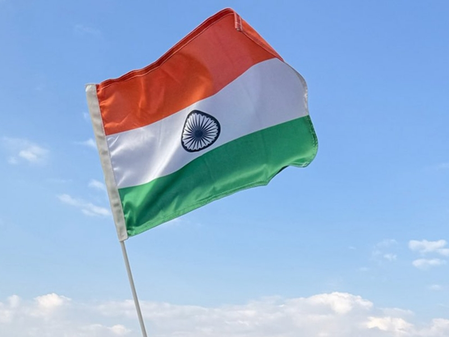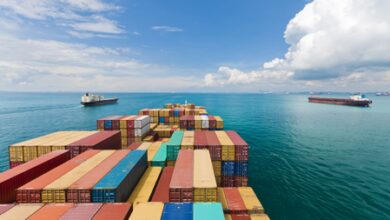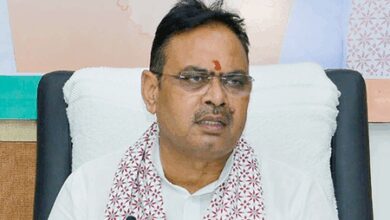India poised to play key role at G20 Summit in Johannesburg

New Delhi, Nov 2 (IANS) India, as the world’s fastest-growing major economy, is poised to play a key role in steering the forthcoming G20 Summit in Johannesburg in November 2025 toward realistic and inclusive solutions amid the global slowdown and trade tensions, according to an article published by Kenya’s Capital News.
India’s economy has shown resilience, with growth for the April-June 2025 quarter estimated at 7.8 per cent. Strong domestic demand, rising services exports, digital innovation, and sustained infrastructure investment underpin this momentum.
This growth base gives India credibility to speak for developing economies seeking stability and opportunity. As a large emerging market with both industrial and agricultural strength, it can bridge the needs of advanced and transitional economies, the article states.
South Africa’s presidency has placed inclusion, fairness, and sustainability at the centre of the G20 agenda, aligning with the priorities of the Global South.
This theme resonates with India’s development philosophy of Vasudhaiva Kutumbakam — the world as one family. India can operationalise these principles through three broad interventions: promoting equitable growth, driving green and digital transitions, and supporting reform of global governance.
The first challenge in Johannesburg will be reviving growth and employment. With global output expected to hover near 2.5 per cent in 2025—insufficient for development ambitions — India can table a pragmatic agenda centred on small and medium-sized enterprises, digital trade, and skills development.
Climate transitions will also dominate the summit. Following Indonesia (2022), India (2023), and Brazil (2024), the 2025 agenda will once again focus on climate finance and implementation.
India’s LiFE (Lifestyle for Environment) movement — promoting sustainable living — could be scaled into a collaborative framework pairing South-South technology exchange with renewable-energy financing and biodiversity partnerships. The country’s leadership in the International Solar Alliance and its pledge to source half of its electricity from non-fossil capacity by 2030 enhance its credibility.
Food security will be another key priority. The nexus between climate risk, agricultural productivity, and global supply chains demands systemic reform. As the world’s second-largest food producer, India can champion climate-resilient agriculture — efficient irrigation, resilient seeds, and technology-enabled crop monitoring—while advocating diversified energy partnerships to ease the burden of volatile oil and grain prices.
India’s initiatives on green hydrogen and critical-minerals supply chains could also seed G20 projects linking African resource economies with Asian manufacturing centres.
Reform of multilateral institutions remains long overdue. Voting power and governance at the IMF and World Bank continue to skew toward advanced economies, while the BRICS-led New Development Bank signals demand for more equitable finance.
India can leverage its position in both the G20 and BRICS to argue for more representative, performance-driven decision-making — and for practical cooperation rather than rivalry between existing and new lenders, the article further states.
Artificial intelligence is also likely to feature prominently under South Africa’s presidency. India’s digital public infrastructure provides a practical template for AI-enabled public services with built-in safeguards.
With global growth slowing and inequality widening, India’s blend of technological capability and social inclusion can help the G20 move from communiqués to practical cooperation, the article added.
–IANS
sps/pgh





